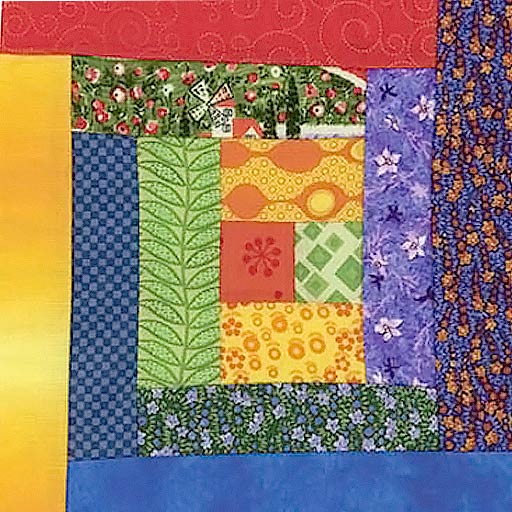Q: Is our Meeting open and accessible to all regardless of race, ability, sexual orientation, class, age or challenges?
We are all aging. Many people associate the term “aging” with the later years of life. If you ask a group when aging begins, the answer will often be an age older than that of the people in the group. Friends believe we should honor that of God in one another and willingly serve those in need. We care for our older and frail Friends and we educate and nurture our young.
Throughout life we change, through natural developmental processes and sometimes through unexpected events that challenge us. Each person’s journey of aging is unique. . But have we thought about the age-related stereotypes and divisions that exist in our community?
What is Ageism? In the words of Maggie Kuhn, leader for social change and founder of the Gray Panthers, “Ageism is the notion that people become inferior because they have lived a specified number of years.” A broader definition of ageism includes stereotyping and assumptions based on any age group, young or old. Starting with an honest assessment of ourselves will help us to address the factors that contribute to ageism.
Queries:
- Do I make assumptions about a person based on age?
- Have I been treated a certain way because of my age?
- Am I clear in my expectations for myself as I age, and am I willing to confront my fears?
- Do I examine myself for aspects of prejudice that may be buried, including beliefs that seem to justify biases based on age?
“Age does not diminish the extreme disappointment of having a scoop of ice cream fall from the cone.”
Jim Fiebig
Practical steps you can take to improve relationships across generations:
- Check yourself for assumptions and recognize your experiences. What do you assume about teenagers? Toddlers? Older people? 40-year-olds? What experience led to this assumption? Do all people in that age group fit in with your assumption? Has the media influenced your viewpoint?
- Celebrate differences. Enjoy one another where you are, as you are, in your journey.
- Challenge the usual way of doing things. Instead of viewing multigenerational experiences as “special,” consider them to be the norm.
- Be intentional in including all age groups in committee work and business decisions. Think adaptation rather than exclusion.
- Integrate educational, social and worship experiences.
- Listen to one another.
Q: Do I show through my way of living that love of God includes affirming the equality of all people, treating others with dignity and respect, and seeking to recognize and address that of God in every person?
PYM Faith and Practice, 2002
Maggie Kuhn, http://www.graypanthers.org/, quoted September, 2009
Download this article in pamphlet form
LINKS TO MORE INFORMATION: Click on the blue text below to be directed to outside websites that offer additional information on this topic. Articles from this site will open in the same browser window/tab. Articles from other websites will open in a new window; when you are done, simply click out of that window and you will be back on this site.
More articles on this website:
Celebrating Aging in Your Faith Community
Celebrating Lives and Life Stories
Generativity and Aging
See what’s happening among different age groups in your Yearly Meeting:
Youth Ministry at New York Yearly Meeting
Young Adults at New York Yearly Meeting
Children’s Program at Philadelphia Yearly Meeting
Middle School Friends at Philadelphia Yearly Meeting
Young Friends (High School) at Philadelphia Yearly Meeting
Young Adult Friends at Philadelphia Yearly Meeting
Other Articles/Links:

